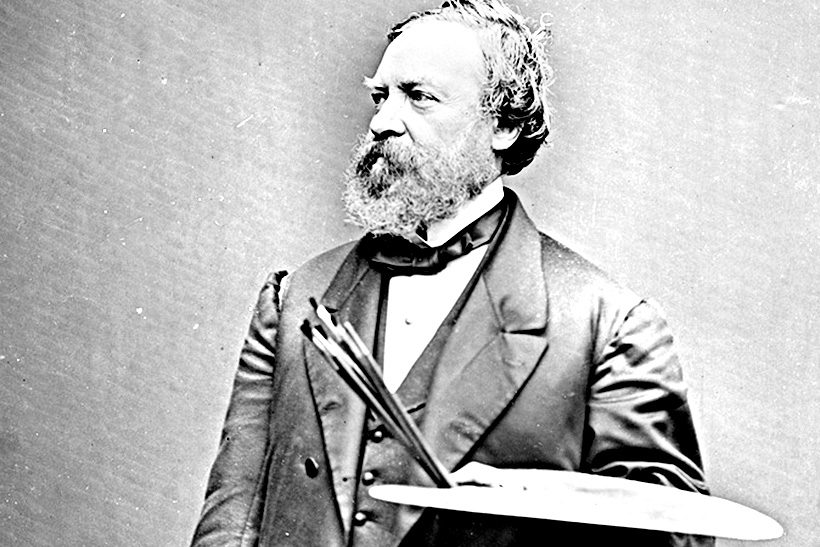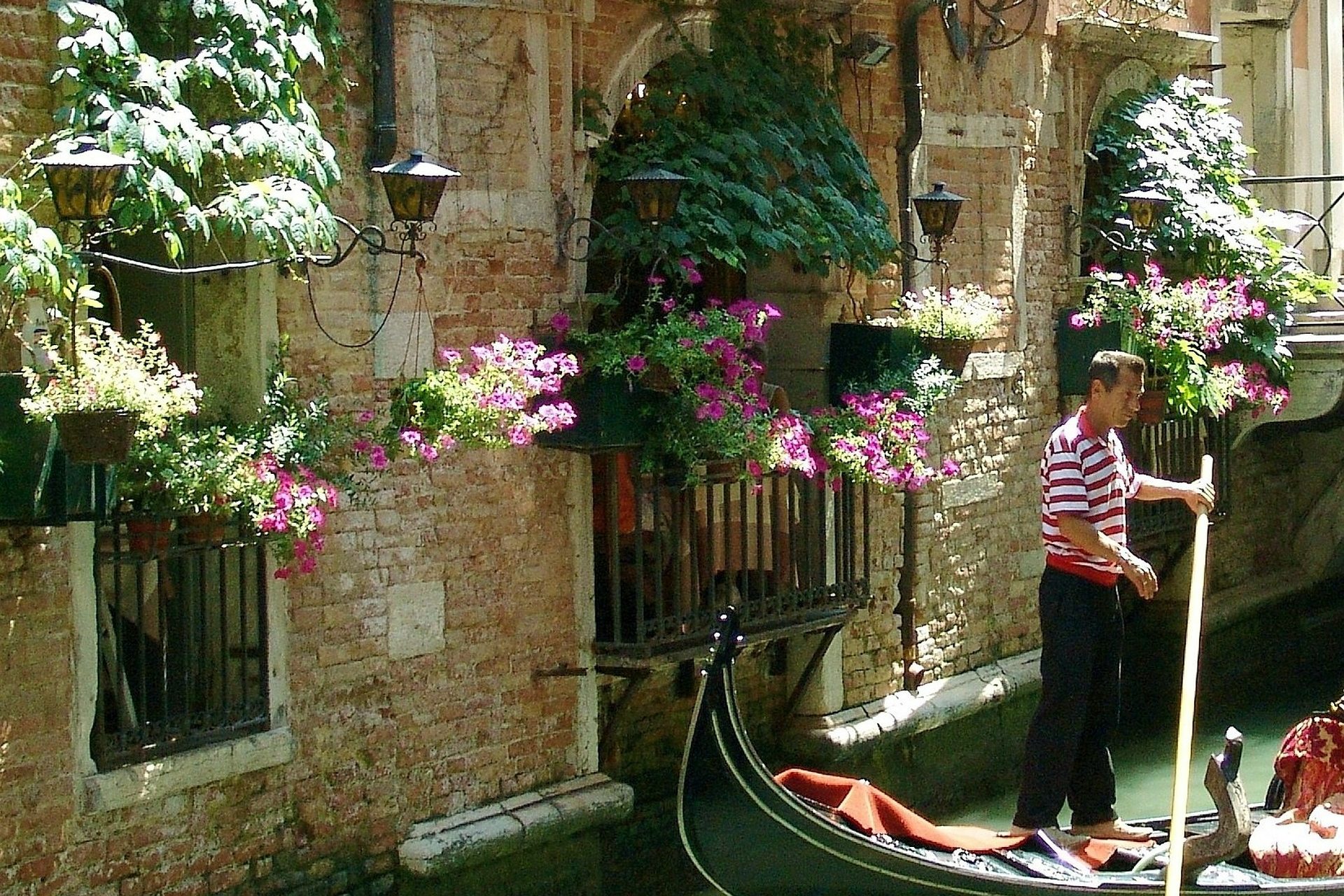Italian-American director Jonas Carpignano is the author of the film Mediterranea, which tells the story of two African migrants, Ayiva, played by Koudous Seihon, and Abas (Alassane Sy), as they try to make better lives for themselves in Italy, after traveling from Burkina Faso to Rosarno, in the southern region of Calabria.
The issue of race relations is close to Carpignano’s heart, as he grew up between New York and Rome, the son of an Italian father and an African-American mother. His feature film debut, Mediterranea was well received at the Cannes Film Festival last May and was just released in the U.S.
Fresh from victory at New York’s Gotham Independent Film Awards, where he won for best breakthrough director on November 30, Carpignano spoke to L’Italo-Americano about how the film came about.
What inspired you to make this movie?
There are many different factors that inspired me to make this movie. The real inspiration for Mediterranea is Koudous Seihon. Once I got to know him while we were working on a short film (A Chjàna, about the 2010 riots by African migrants in Rosarno, ed.), we knew that we wanted to make something very long together about the immigrant community; so Koudous actually inspires Mediterranea, in the sense that the film is mainly about his life. It was born out of he and I getting to know each other.
Besides that, I was very interested in making a film about race relations in Italy, especially because of my background: my mother being African American and my father being Italian, I had always been very sensitive to racial issues in Italy. It’s something I wanted to examine in depth.
Do you think the media portrays the migrant experience accurately? The media seem to mainly focus on the difficult journey of the migrants from Africa to Europe, but then there are very few accounts of what happens once they actually reach Europe. Is that why you wanted to make this film?
I don’t think it’s an issue of accuracy, it’s certainly not inaccurate to talk about people coming over from north Africa to Italy, people making the journey from Libia on a boat… but yes, we wanted to focus on what happens afterwards because the journey is only half of the story. People concentrate on the tragedies, the number of people coming over, the people at the immigration shelters, but at the end of the day, there are people who are still trying to make a life here. And integration is another huge part of the story, the troubles people face once they’re here are a big part of the story and we wanted to make a film which spoke to that as well.
None of the characters in the film, except for Abas, are professional actors. How did you earn the trust of the local community? Were they reluctant to appear in the film?
In the beginning, when I first went to Rosarno in 2010, there were a lot of journalists down there, so getting people to talk to me at that point was more difficult because they thought I was there just for a news story. People were talking as in a script, they were saying what they were supposed to say. We weren’t exactly forming relationships the way I was hoping. Later, when I went back and people saw that I had come back and I was still interested in the story after journalists had gone away, they started to open up. I began staying there for long periods of time, and every time I was there, it wasn’t just to get an interview or to do research, I was actually hanging out with people, making friends, and that’s what got me into the community; people started to see me more as a friend and less as someone coming to exploit them for a story, which is something we never wanted to do. Our goal was always to make a film with the people of the community, not necessarily about them.
What do you hope viewers will get from watching this film?
Ultimately, there’s no message we’re trying to get across by making this film. The idea was always to have the public get to know an individual better. We always thought, if people can put the headlines behind them, it’ll force them to look at the issue in a more humane way. So our challenge, our goal was to make a film where an audience would feel like they know someone who’s been through this experience they read about. We were trying to make the film as intimate as possible.
Growing up bi-cultural and in two countries, do you feel more connected to your Italian roots, to your American roots, to both in equal parts, and how?
I’m a product of both places: I’m a product of America, I’m part of New York, I’m a product of Rome and of Italy. I’ve always had more family in Rome so that has always been a factor to me. Family is very much associated with going to Rome. But I feel just as connected to my mother’s roots and my American roots. At this point in my life though, I feel much more at ease living in Gioia Tauro. I’ve been living in southern Italy for about five years, it’s a place where I’ve been able to create a home, where I can do the things I want to do, which is mainly write. I love the people that I live with and work with there, and the local communities, both the African community and the Calabrese community. I found a place I’m really, really into and for now I’m happy to be there.





























